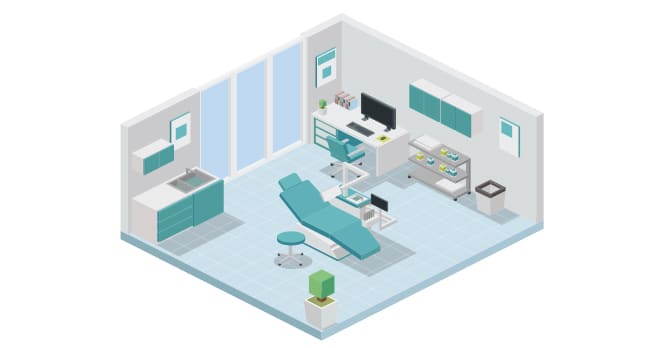Buying or selling a dental practice: change in process for applications to the Care Quality Commission and NHS England

Background
On the acquisition of a dental practice, the buyer will commonly enter into partnership with the seller to facilitate the smooth transfer of the General Dental Services Contract (GDS Contract) to the buyer. This is a tried and tested path. On completion of the sale, the buyer and the seller enter into a partnership agreement under which control is vested in the buyer, but the seller retains a nominal interest. Subject to certain conditions, this means that the GDS Contract can continue on the same terms. A few months later, the seller(s) retire from the partnership and the GDS Contract continues in the name of the buyer.
As regards to the CQC, the process to date has involved the buyer and the seller, in good time before completion of the sale, making a joint application to the CQC for the partnership to be registered as a new 'entity' to carry on the relevant regulated activities. The buyer will also generally need to appoint a new registered manager.
The application to the CQC involves a thorough assessment of the persons involved, an enhanced DBS check of the individuals, references and often a lengthy interview.
One of the conditions imposed by NHS England for the GDS Contract to continue is that the partnership must be approved for these purposes. If the NHS England Local Area Team (LAT) is satisfied, it will issue a contract variation notice in the name of the partnership.
Change to the CQC process
We understand that the CQC are changing their approach in relation to the application process on the sale of dental practices although this is as yet unpublished.
The change is that the CQC will no longer accept applications from buyer/seller partnerships where the seller will have no real involvement in the partnership after completion. Instead, the CQC will require that an application is made for individual registration.
For buyers and sellers who have already submitted CQC applications as partnerships this presents real problems. First, changing the application to one for individual registration can mean the individual having to apply for a new enhanced DBS check. These checks are only valid for 60 days, so an existing certificate may well have expired by the time the issue comes to light. Secondly, it is unclear whether LATs will accept the approval by the CQC of an individual as sufficient comfort to enable the GDS Contract to continue. Different LATs seem to have different requirements in this regard.
There appears to be a real conflict between what the CQC will now approve and what NHS England expects. We are currently working with both entities to find a solution.